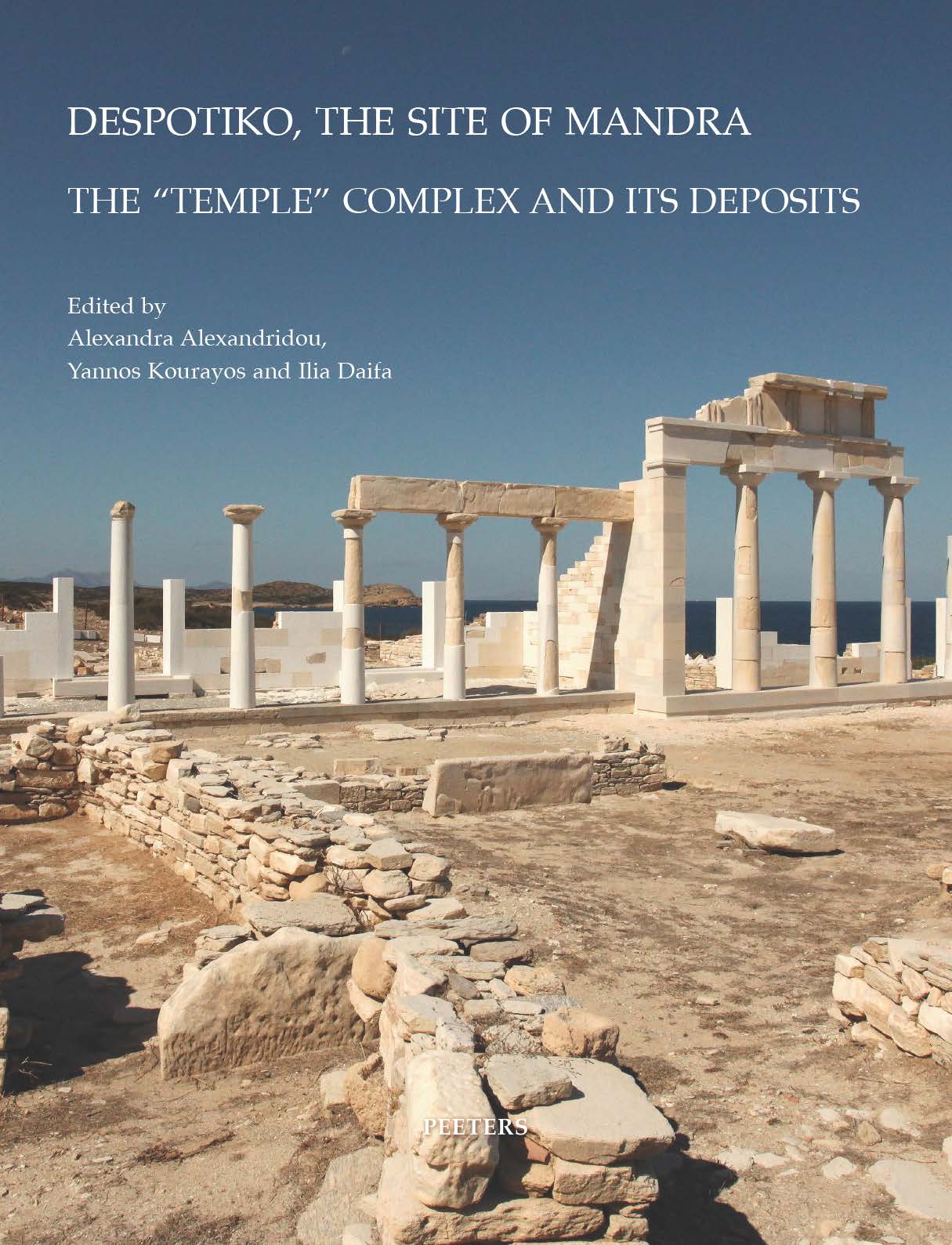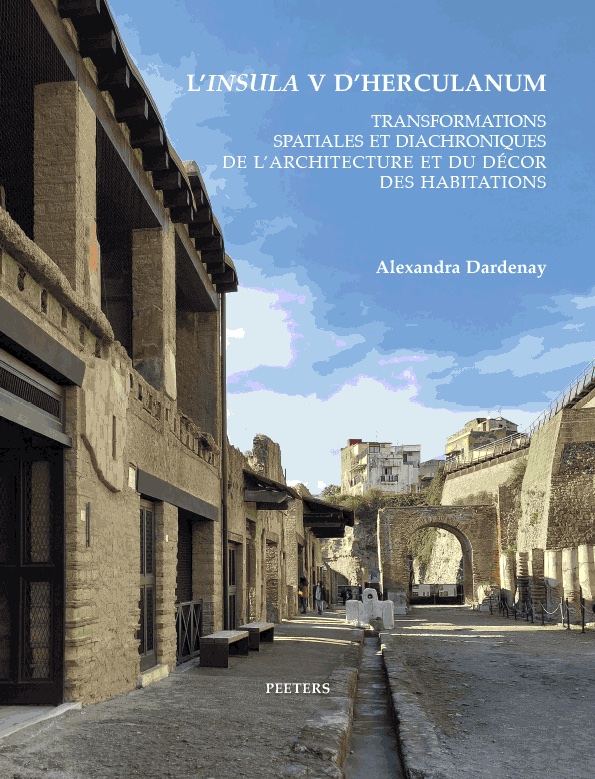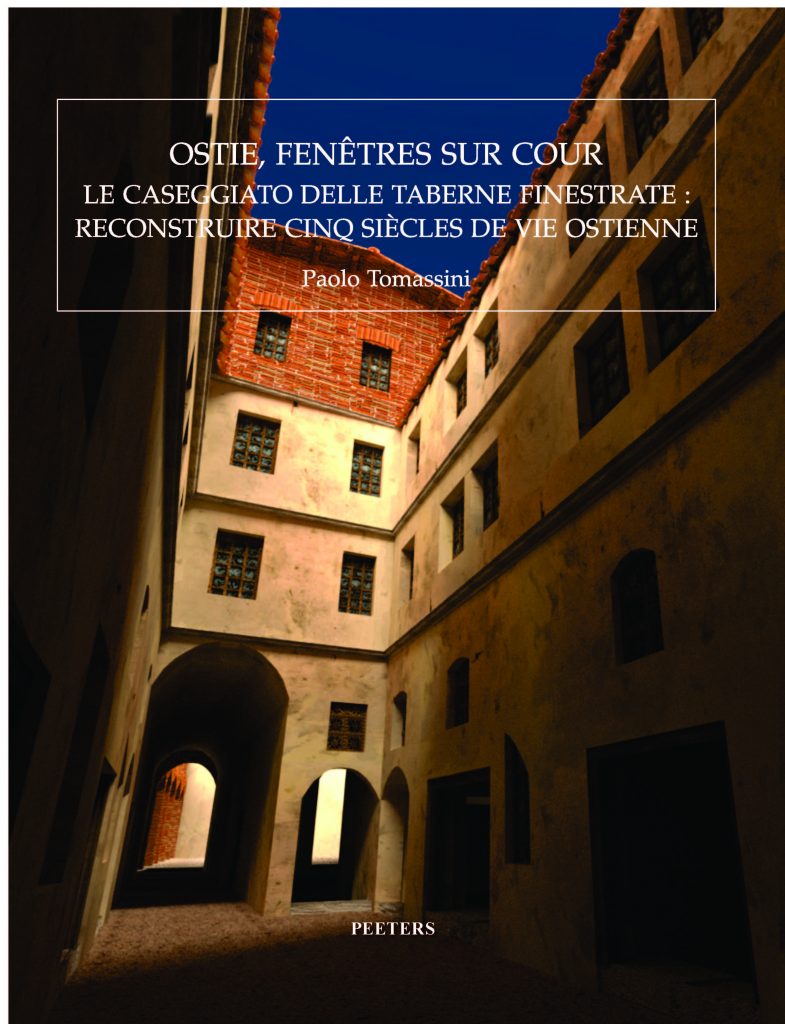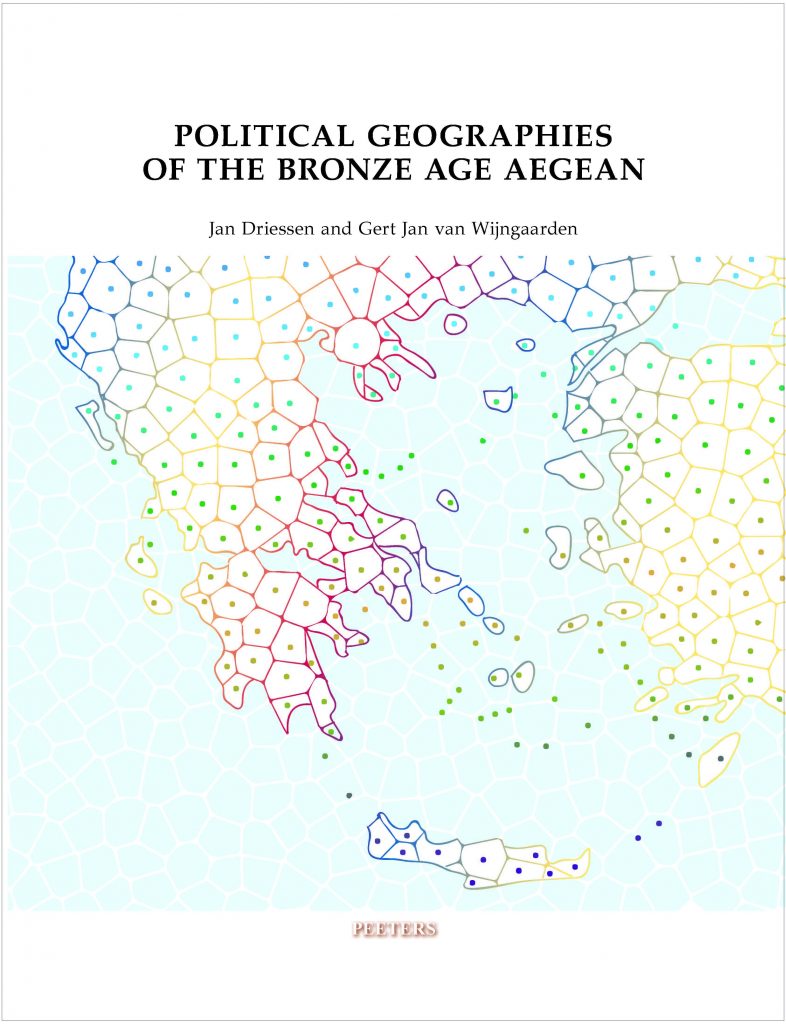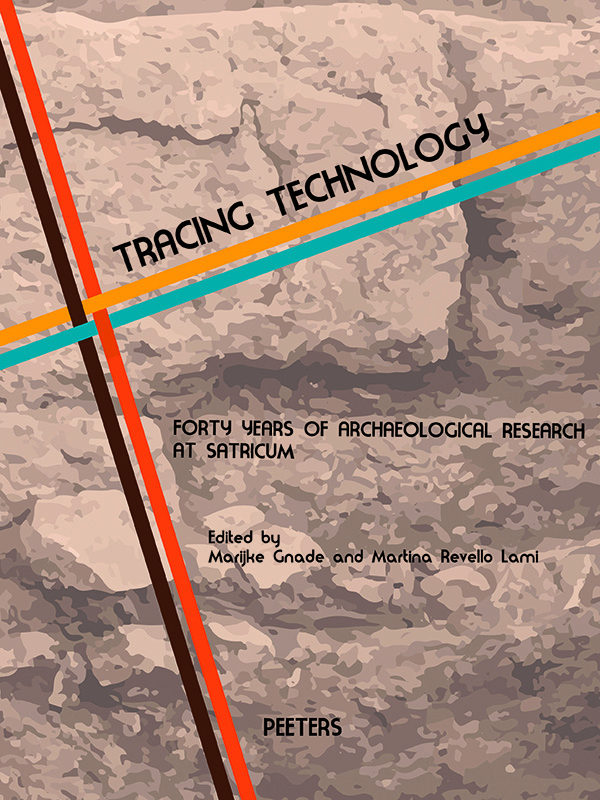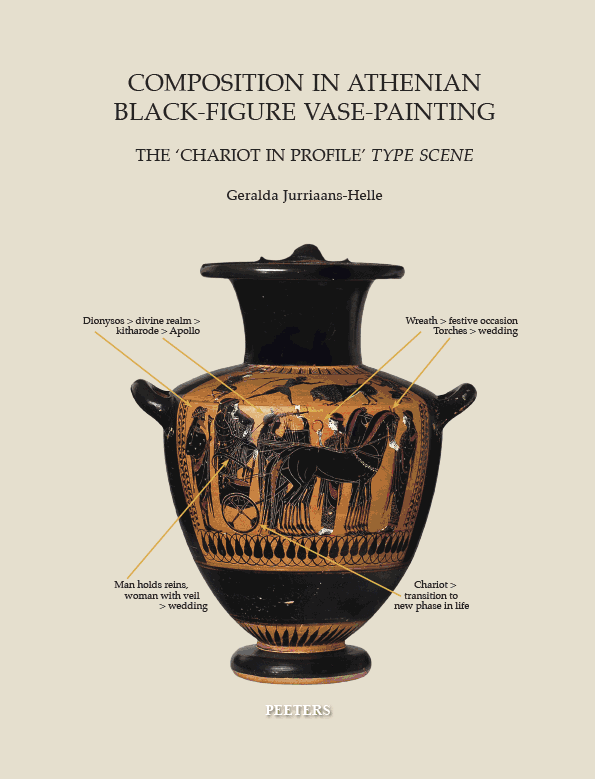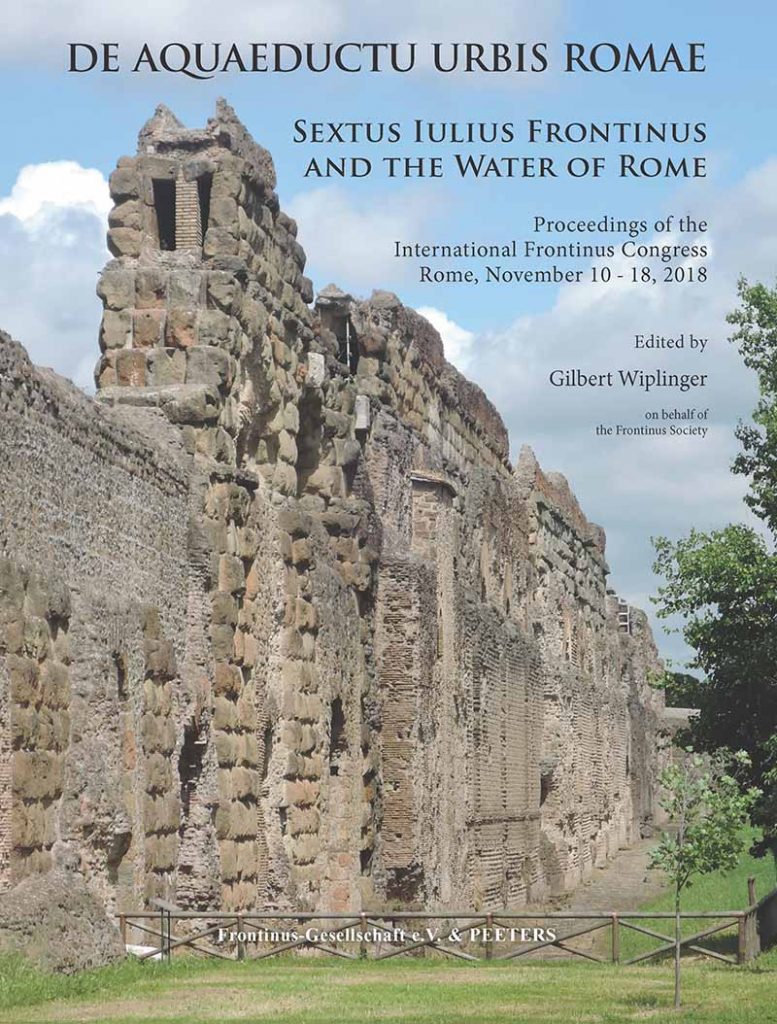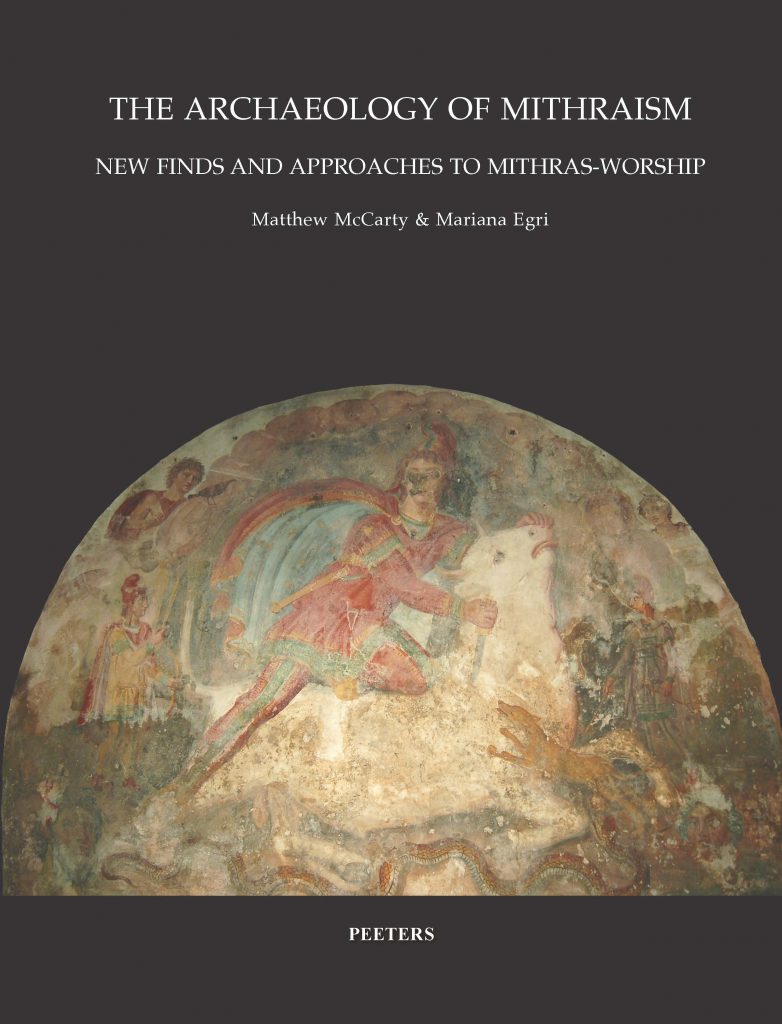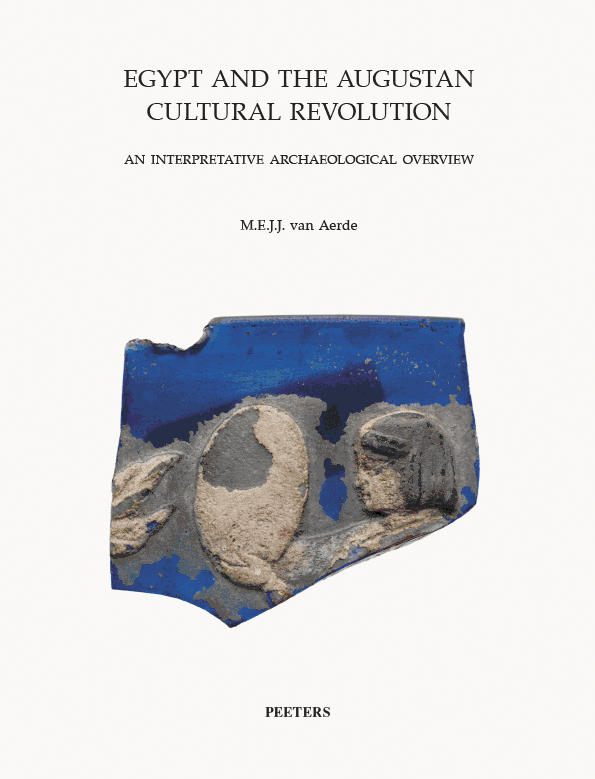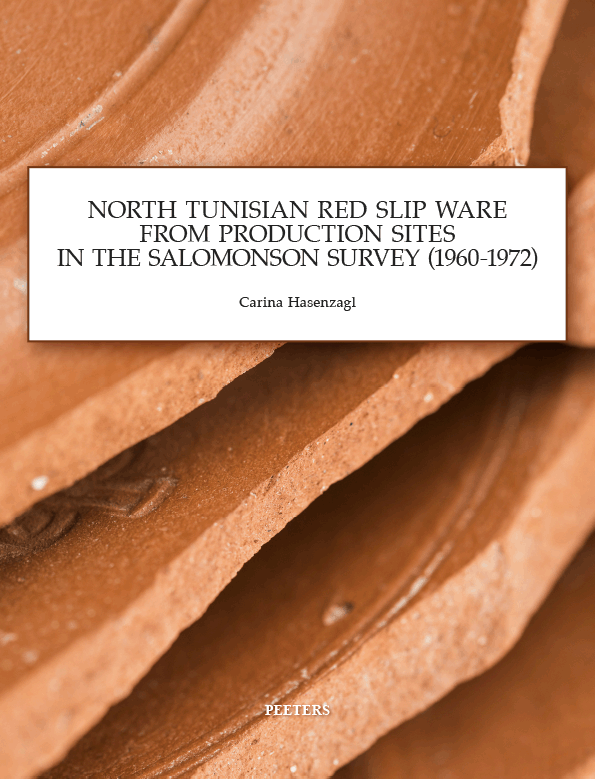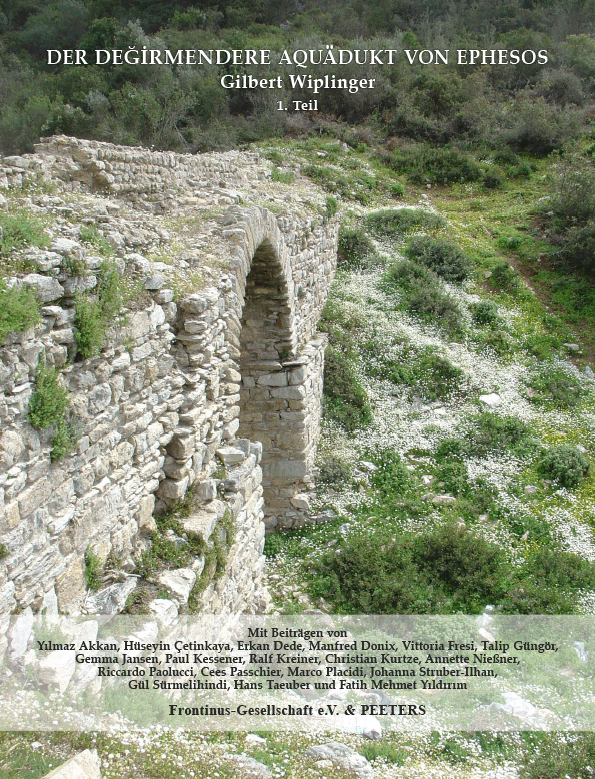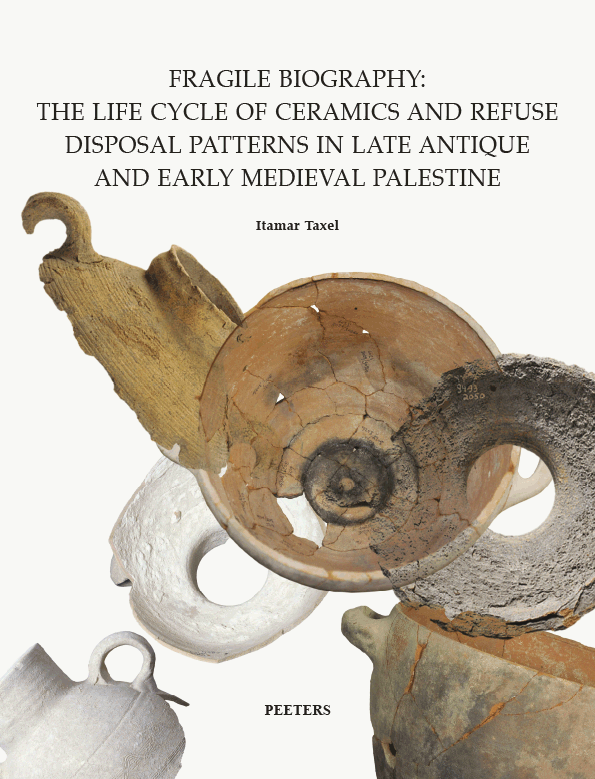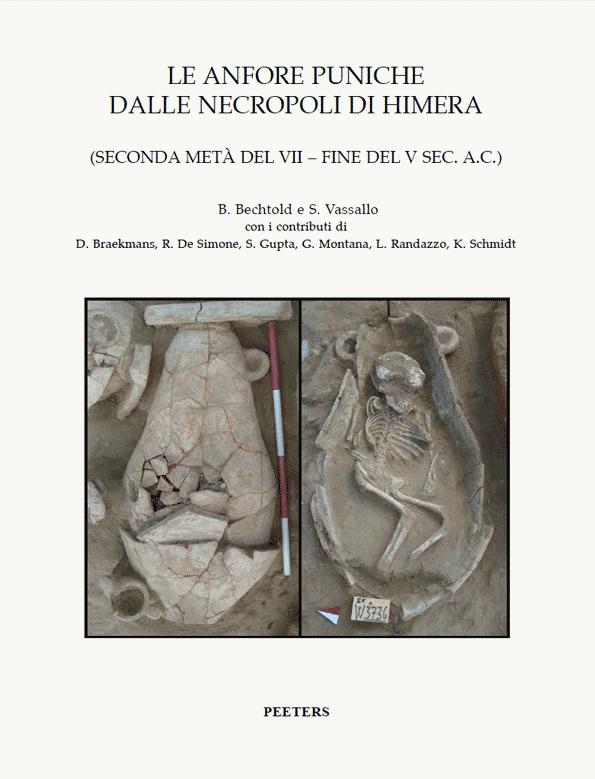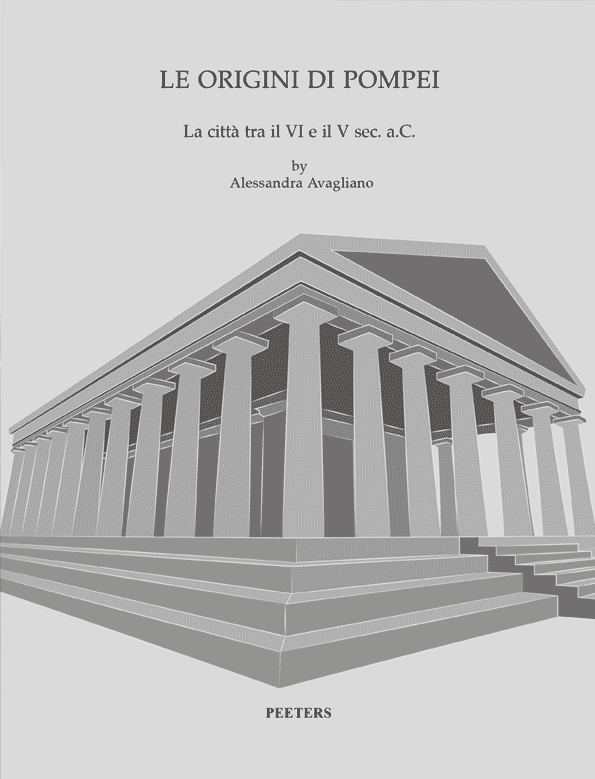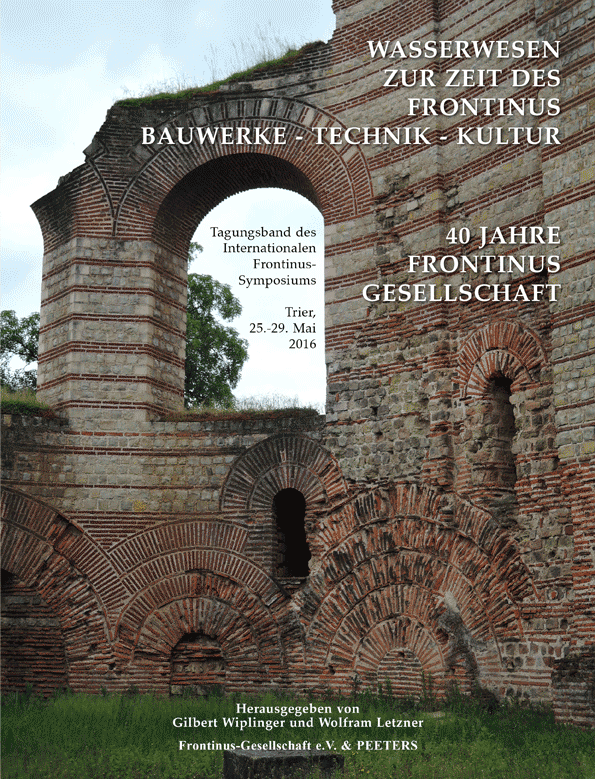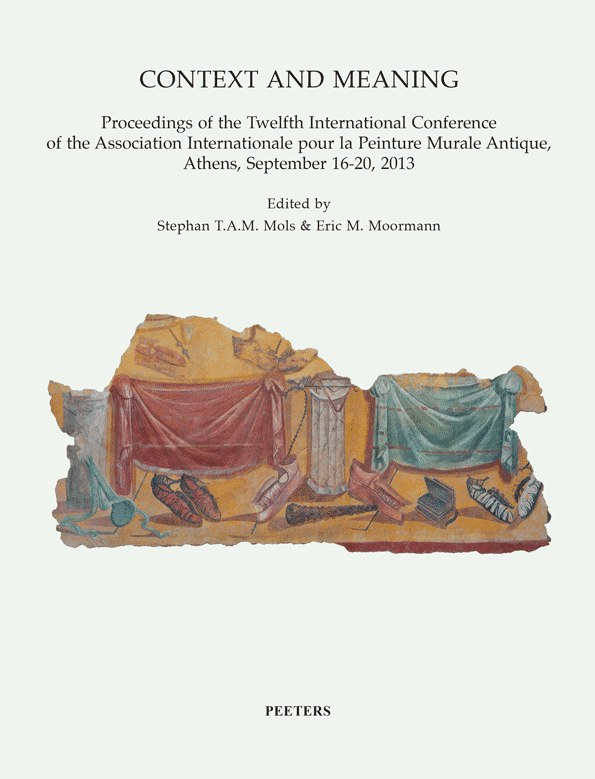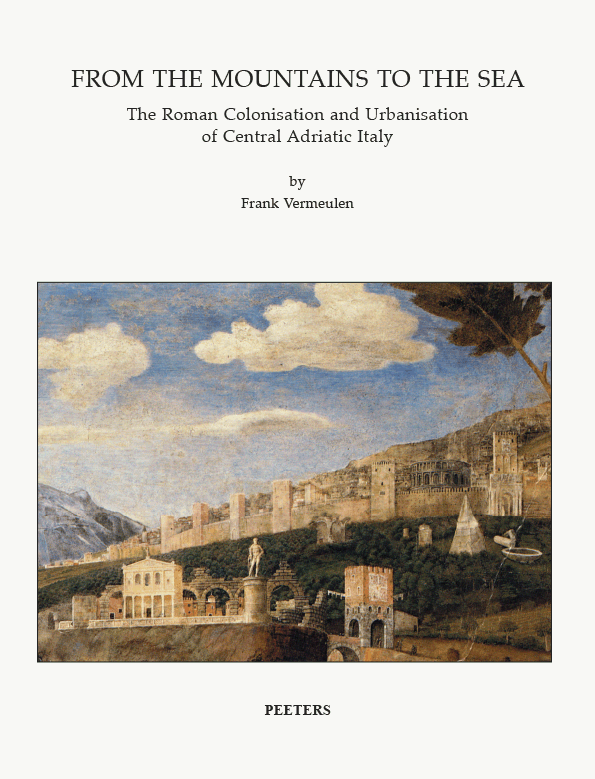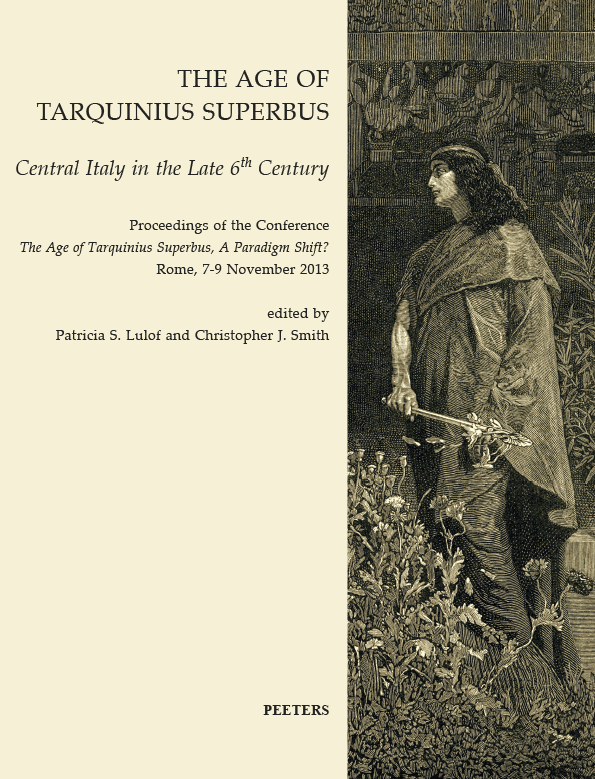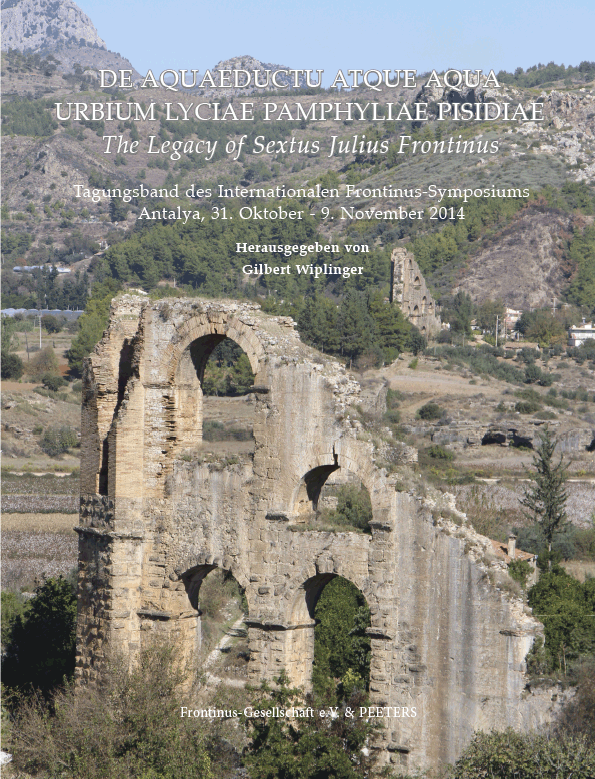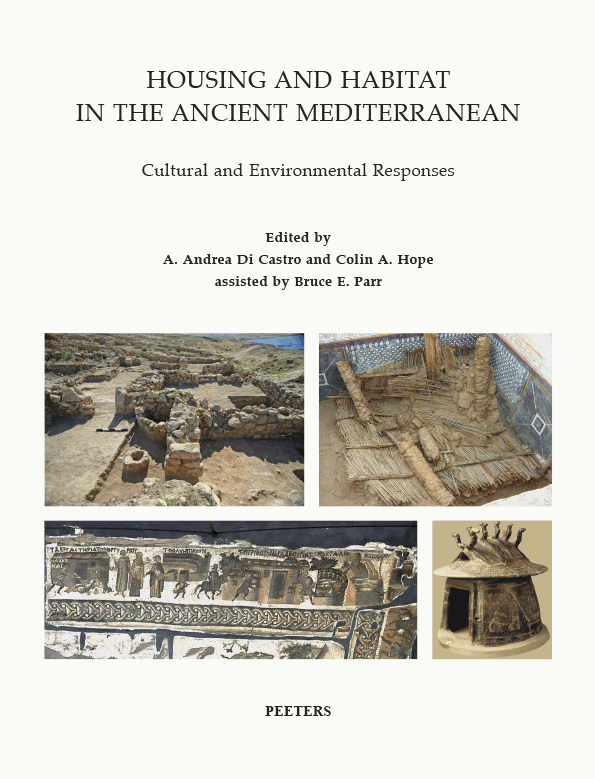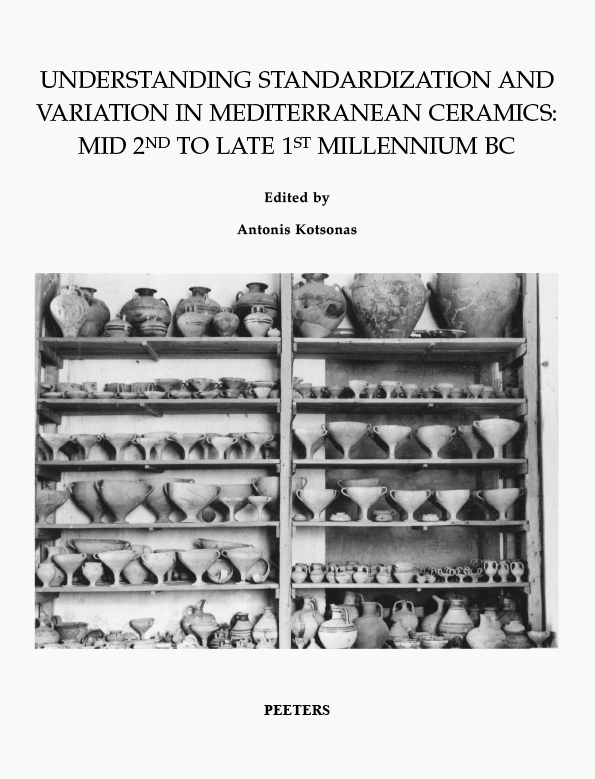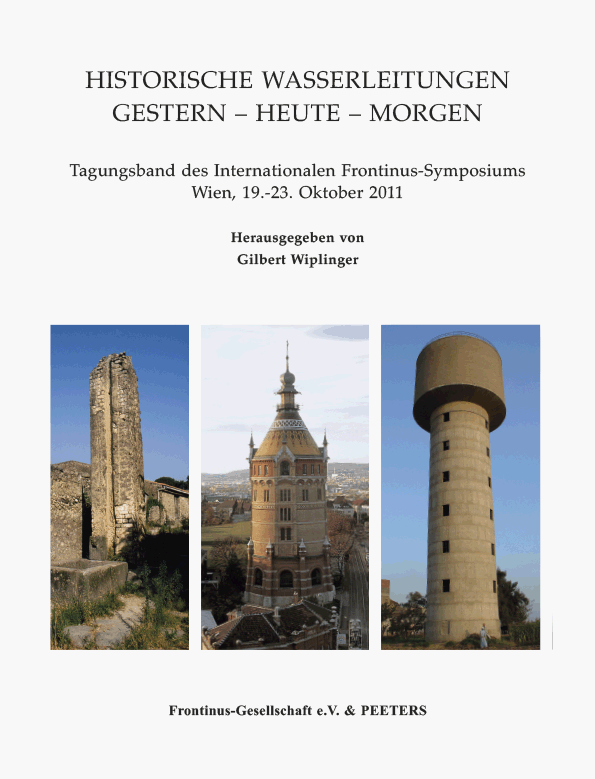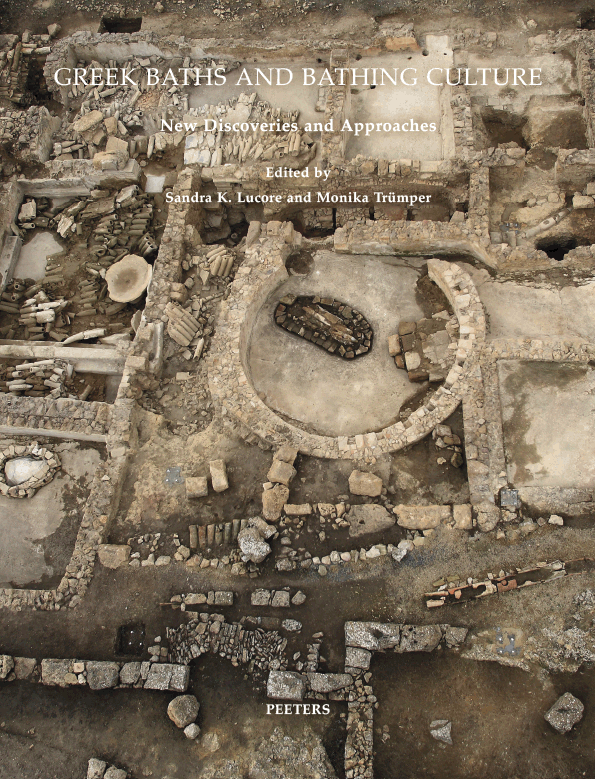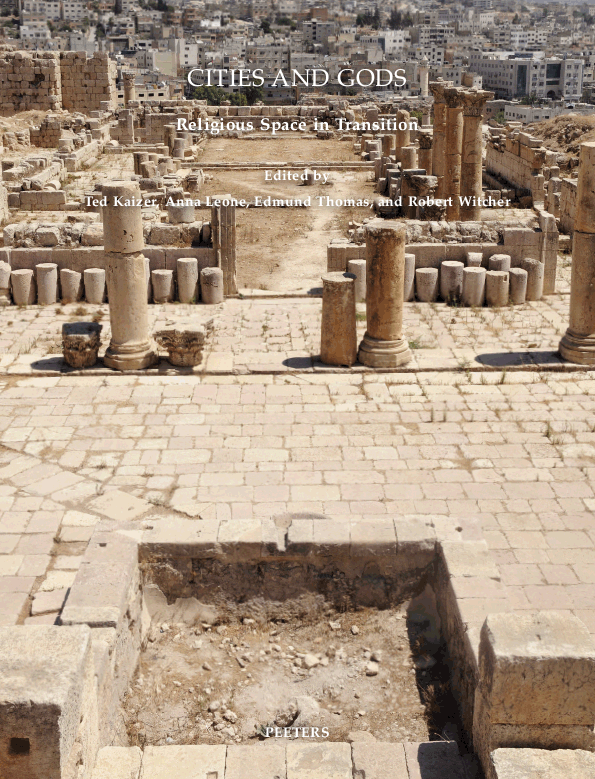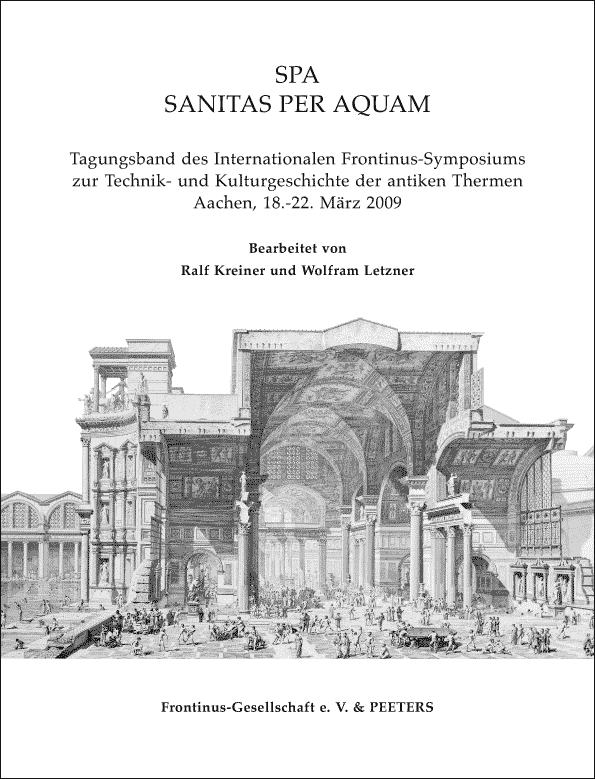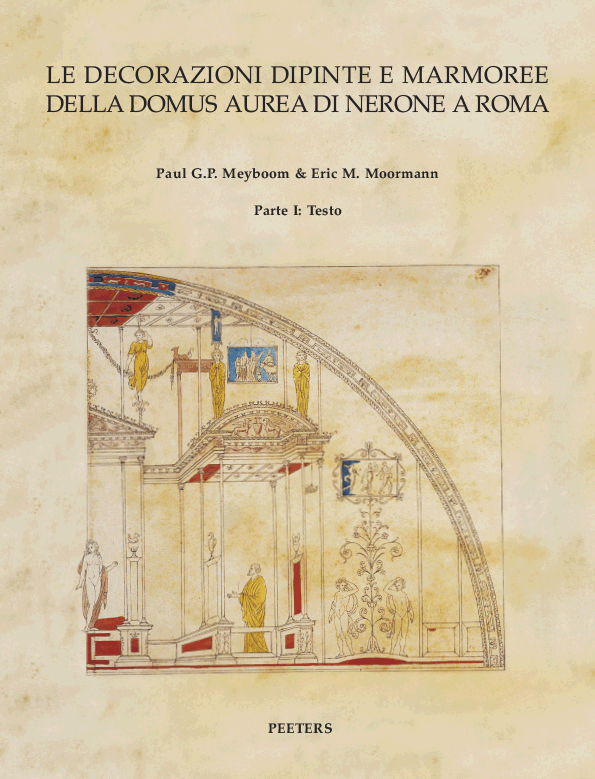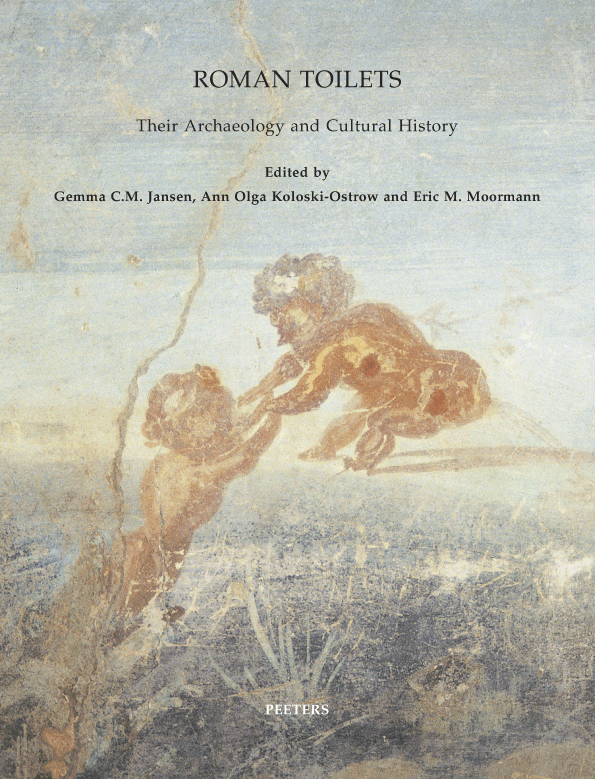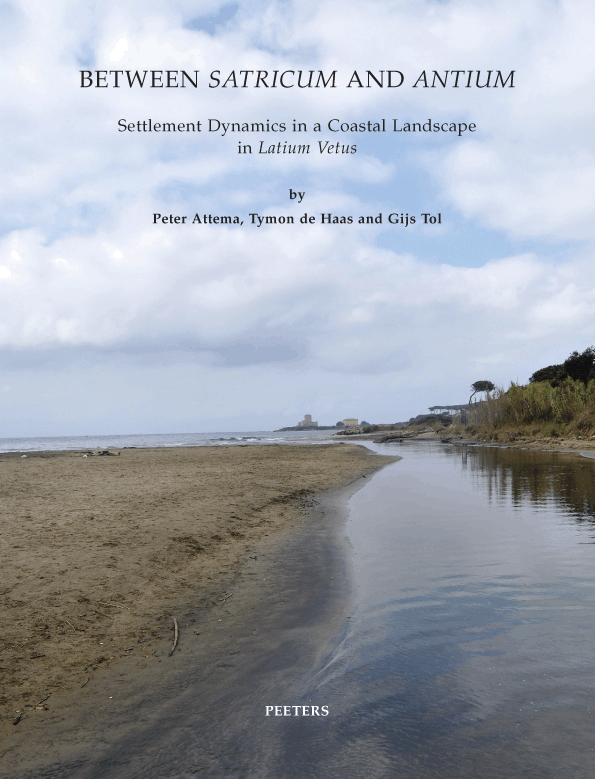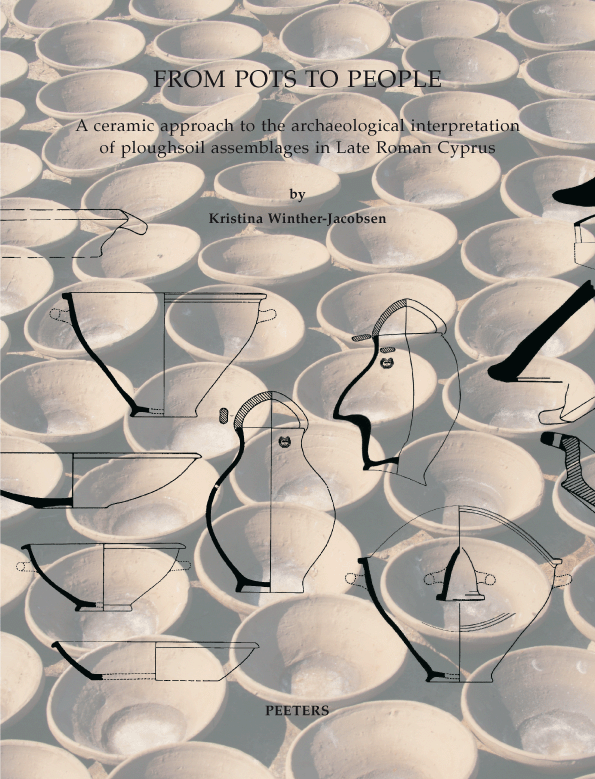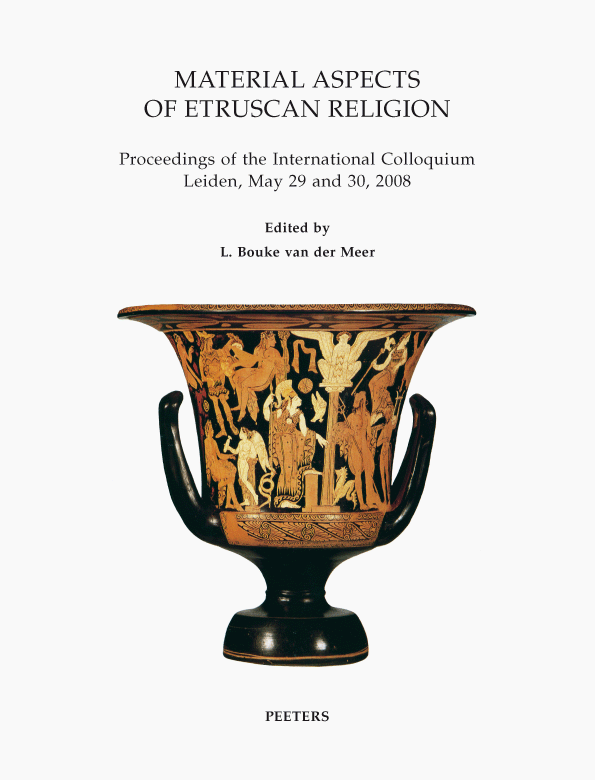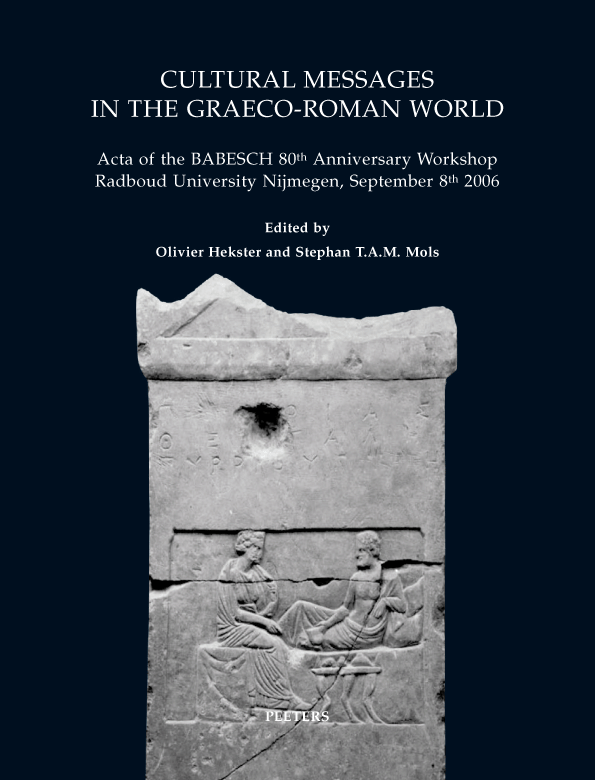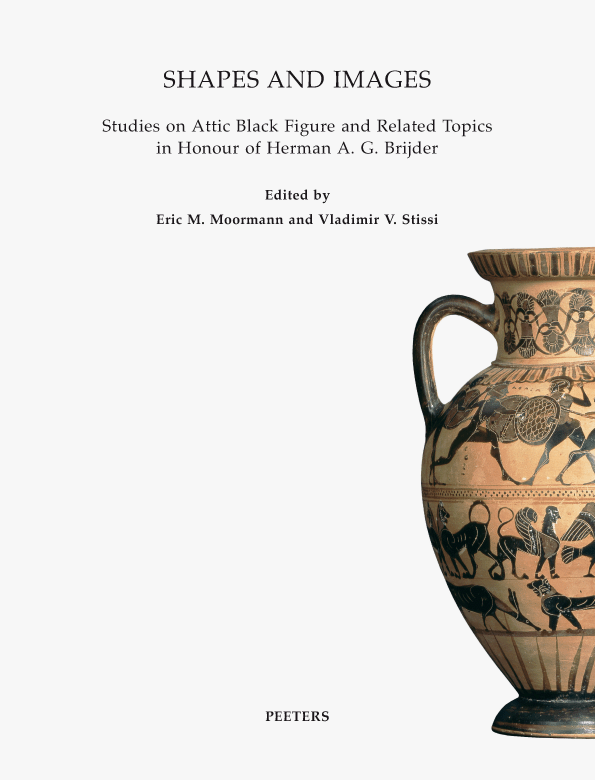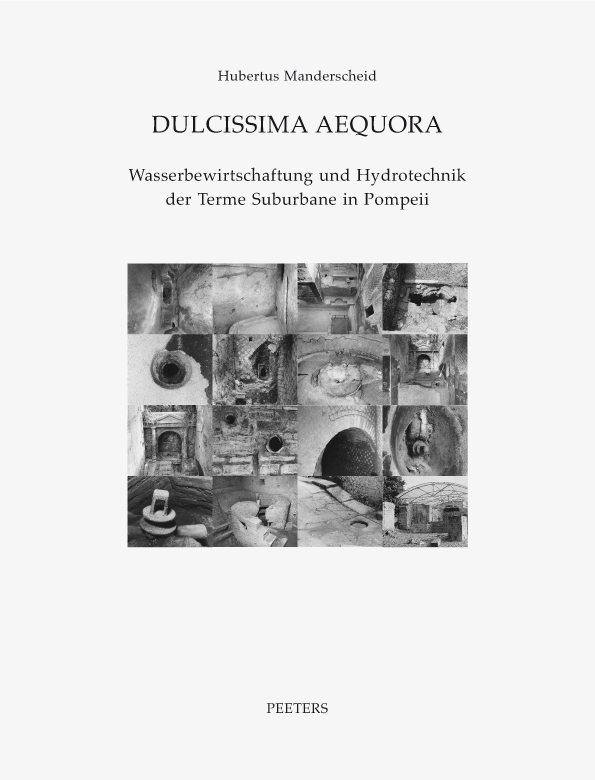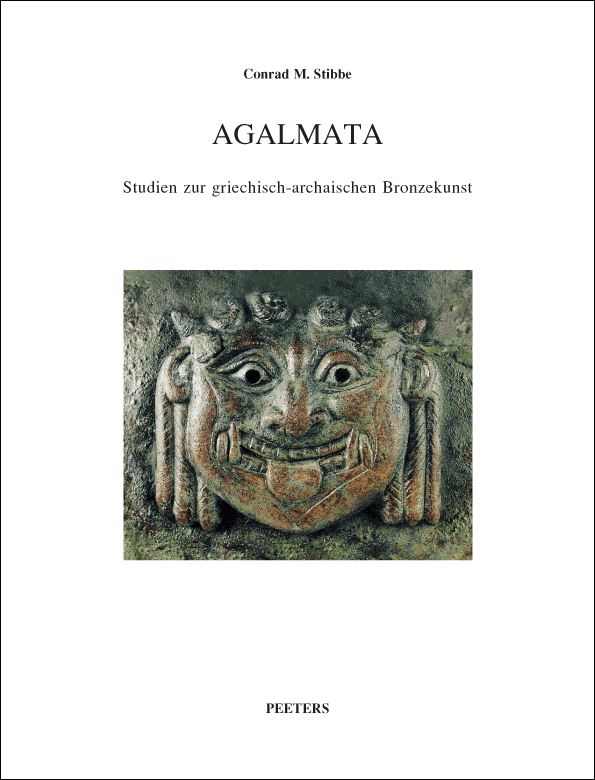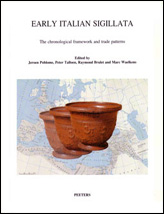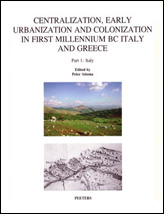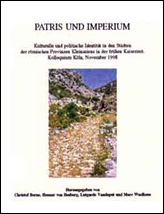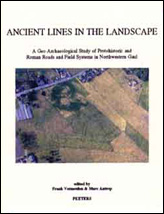The BABESCH Supplements is a series of books in the field of Mediterranean Antiquity, which complements the annual journal. The series includes monographs as well as the proceedings of symposia and edited volumes. The topics range from Mediterranean Prehistory to the Early Middle Ages. The hallmark of the series is the high quality standard which is accomplished by the academic peer-reviewing as well as through the careful editing and the high amount of figures and (colored) illustrations.
The volumes in the BABESCH Supplements are subject to academic anonymous peer review.
Current Supplement – Volume 47
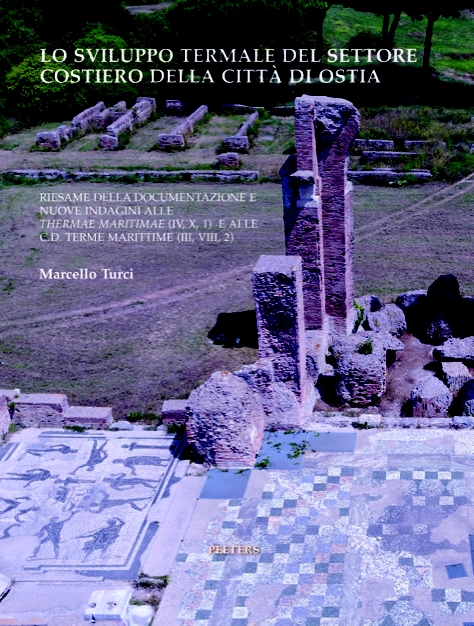
BABESCH Supplement 47
Marcello Turci, Lo sviluppo termale del settore costiero della città di Ostia: Riesame della documentazione e nuove indaginialle Thermae Maritimae (IV, X, 1) e alle c.d. Terme Marittime (III, VIII, 2)
The present study is the result of a research on the thermal/roman baths located in the coastal district of Ostia. In Hadrian’s time, the coastline of the port town was developed with a series of thermal buildings: the Thermae maritimae (IV, X, 1), the «Terme del Sileno» and the so-called «Terme Marittime» (III, VIII, 2). This thermal vocation increased in late antiquity when a series of bathing facilities were built along the coastal road. Through the direct study of the thermal architecture, the revision of ancient excavations and the examination of the urban evolution of Ostia, as well as the wider territorial contexts (connections, infrastructures, exchanges, trades), this volume offers new perspectives integrating archaeological research with the economic, political and social history of the imperial and late Roman period.
Current Supplement – Volume 48
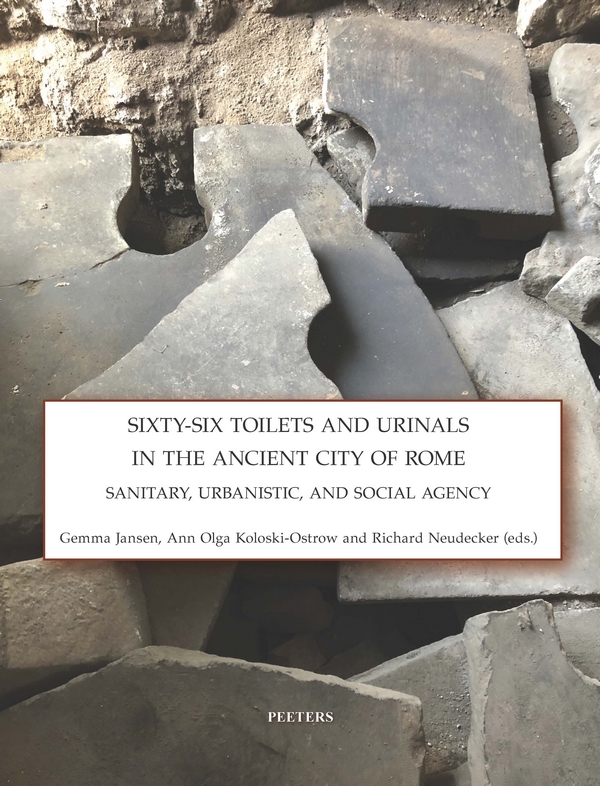
BABESCH Supplement 48
Gemma Jansen, Ann Olga Koloski-Ostrow and Richard Neudecker (eds), Sixty-Six Toilets and Urinals in the Ancient City of Rome. Sanitary, Urbanistic, and Social Agency
Upcoming Supplement – Volume 49
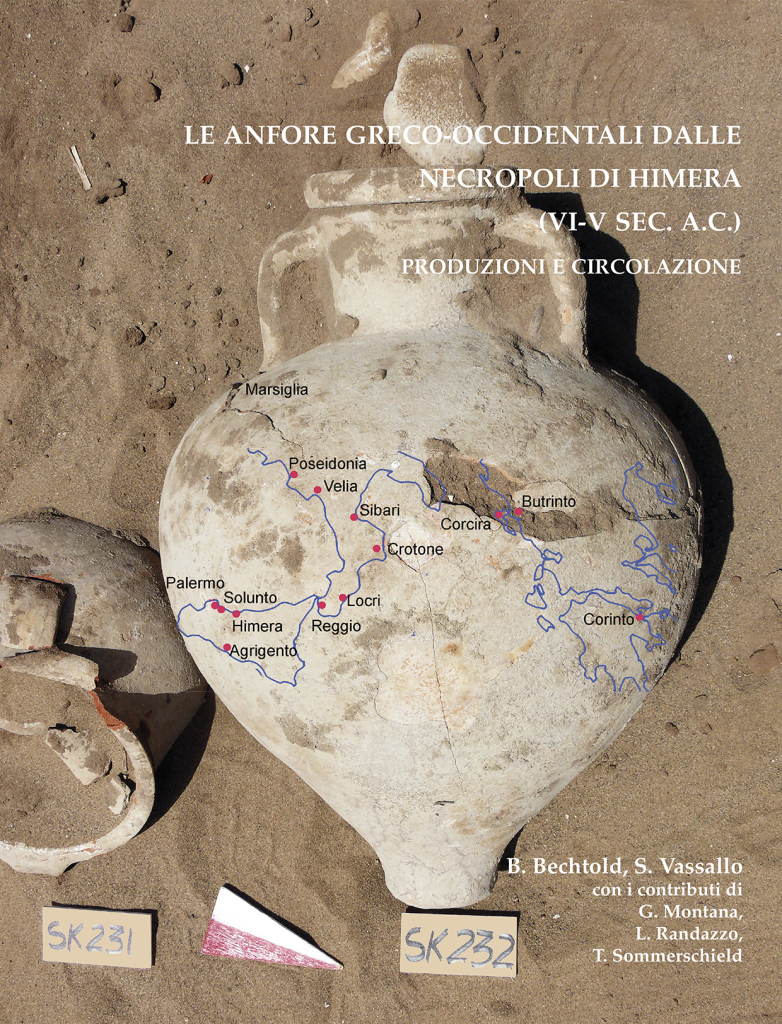
BABESCH Supplement 49
Babette Bechtold, Stefano Vassallo, Le anfore Greco-occidentali dale necropoli di Himera (VI-V sec. A.C.). Produzioni e circolazione
In recent years, the increasing quantity and quality of specialised analysis have invigorated the study of ancient amphorae, enhancing our understanding of transport dynamics along maritime routes and the relationship between the origin of the products contained in the amphorae, their distribution, and the primary commissioning centres.
This volume presents the results of the research conducted on the Western Greek amphorae discovered in the necropo¬leis of Himera, dating from the early 6th century to 409 BCE, the year of the settlement’s destruction and abandonment. Building upon previous examinations of Phoenician-Punic amphorae from the same site, this new study encompasses 554 specimens utilised as containers for children’s burials. By formally studying the vessels and employing mineralogical and chemical clay analyses, numerous centres that adopted this unique amphoric shape to market and transport their agricultural products, primarily wine, between the 6th and 5th centuries BCE were identified.
Through the analysis of the amphorae excavated at Himera, a point of arrival for these containers along one of the most dynamic trade routes in the Tyrrhenian world, the evolution of this amphoric shape can be traced. Its earliest examples originated from Sibari in the early 6th century BCE, followed by widespread adoption by numerous Greek settlements in Sicily and Magna Graecia, as well as Marseille, Corcyra, Butrint, and Corinth. The popularity of this typology is further evidenced by its production in non-Greek centres, such as the Punic emporia of Palermo and Solunto, and the indigenous centre of Entella.
Upcoming Supplement – Volume 50
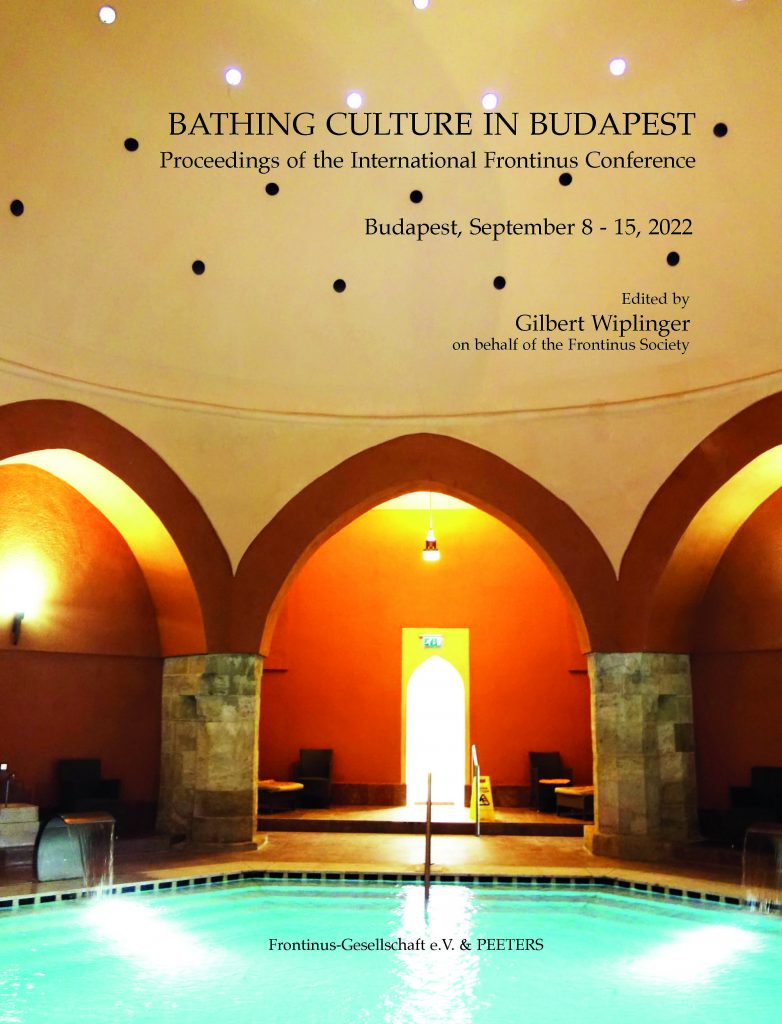
BABESCH Supplement 50
Gilbert Wiplinger (ed.), Bathing Culture in Budapest. Proceedings of the International Frontinus Conference Budapest, September 8-15, 2022
The present volume is another publication of a Frontinus conference edited by Gilbert Wiplinger as a BABESCH supplement volume on historical water science. This time the conference was held in Budapest from September 8-15, 2022 under the title “Bathing Culture in Budapest” and dealt first of all with bathing and bathing culture through the ages.
For the first time, the organizer of the conference and editor of the volume wanted to take a new path by introducing the participants to Roman and Ottoman bathing leisure through active visits on-site to two baths in Budapest.
There are 20 contributions published in this volume. The first section is dedicated to the award of the Frontinus Medal to Christer Bruun, who was honoured during the conference in recognition of his foundational work on Roman water systems, in particular his research on hydraulic epigraphy, and to acknowledge his vast contribution to larger social questions in the Mediterranean world.
The second section is dedicated to bathing and baths from ancient Egypt up to the Islamic hammam. After a general introduction (first opening lecture) on the development of baths it moves on from Egypt to Ottoman-period baths followed by baths in Pannonia and Aquincum. Then the section provides an overview of baths in Roman Macedonia along with a discussion of different baths from Pompeii, Heerlen/Coriovallum and Antiochia ad Cragum. Another contribution is included that deals with texts about bathing in Roman literature and the section is then closed with the second opening lecture on the hammam in the pre-modern Islamic city.
The topics of the third section are thermomineral baths from Roman times to Ottoman kaplıca. Some Roman examples from the western provinces of the Empire in context were followed by Baiae, Baden and the Roman “Kleopatra Güzellik Ilıcası” in the micro-region of Pergamon. The section is closed with the connections between Ottoman baths in Hungary and the center of the Ottoman Empire to Budapest SPA’s of today.
The last and fourth section deals with various water-related topics not in direct connection with bathing culture such as the repair of a stone siphon of Patara, water control in Hierapolis and Laodicea, and a used water aqueduct at Ephesus.
The conference programme was impressively complemented by several full-day and half-day excursions. It offered the opportunity to visit monuments that are otherwise not accessible to the public. Once again it became clear that neither a lecture, nor a publication or pictures can replace the encounter with real archaeological findings. The presentation of new research results on ancient hydraulic engineering and the enhancement of knowledge by visiting comparative examples on-site is the declared aim of this conference series.
Guidelines for submission
BABESCH is always interested to publish original research and conference proceedings in the wider field of Mediterranean Antiquity and Archaeology. In order to propose a book in the Supplements, the following guidelines apply.
Proposal
Please make sure that your proposal includes the following:
- Full contact information and academic affiliations
- A summary of the book’s content (ca. 500 words) and a preliminary table of contents.
- In case of a volume with multiple articles: a full list of contributors and the extent to which they have agreed to participate
- A description (ca. 100 words) of the scientific impact of the book
- An estimate of the total number of words (or signs); the total number of figures and the total number of colored figures
- A schedule for publication and a provisional date for the submission of the final manuscript
Proposals and/or requests may be sent to the chairman of the BABESCH Supplements Committee. All proposals will be evaluated by the BABESCH Supplements Committee. Anonymous peer review is part of the decision procedure. Generally, you will be informed on the committee’s decision within 10 weeks after submission of the proposal.
After acceptance
With regards to the editorial preparation of your manuscript, please follow the BABESCH instructions for authors.
Books in the BABESCH Supplements usually do not have more than 350 pages and contain a restricted number of colored figures; in case the text and/or the figures exceed the standards, the publisher may require additional funds from the applicant.
You will be asked to submit an abstract of ca. 100 words.
You will regularly be asked to inform BABESCH about the progress in preparing the manuscript.
Preparation for print of the manuscript will be done in cooperation with the BABESCH editorial office.
Supplements Volumes 1-48 (1975-2024)

2024
Marcello Turci
Lo sviluppo termale del settore costiero della città di Ostia: Riesame della documentazione e nuove indaginialle Thermae Maritimae (IV, X, 1) e alle c.d. Terme Marittime (III, VIII, 2)
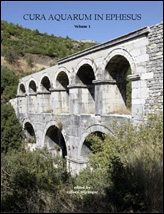
2006
G. Wiplinger (editor)
Cura Aquarum in Ephesus Volume I & II

1989
H. Geertman & J.J. de Jong (editors)
Munus non Ingratum
Proceedings of the International Symposium on Vitruvius’ De Architectura and the Hellenistic and Republican Architecture
Leiden, January 1987
Committee
Babesch Supplements Committee as of January 1st, 2024
Dr Gert Jan van Wijngaarden (chair)
supplements (at) babesch.org
Universty of Amsterdam
Aegean Bronze Age Archaeology; Archaeological Theory and Methodology
Professor Paolo Liverani (Italy)
Università di studi Firenze
Roman and Late Roman Art; Vatican Museums
Professor Eric Moormann (Netherlands, Germany)
Radboud University, Nijmegen; Liebig Giessen, Germany
Ancient Classical art ; Roman archaeology and art
Professor Cathérine Saliou (France)
Université Paris VIII
Roman Architecture and urbanism; Roman History
Professor Monika Trümper (Germany)
Freie Universität Berlin
Greek and Roman Architecture, Urbanism; Settlement Archaeology
Professor Athina Tsingarida (Belgium)
Université libre de Bruxelles
Greek Art and Archaeology
Professor Kevin Walsh (United Kingdom)
University of York
Landscape Archaeology
Dr Antonis Kotsonas (United States, Greece)
New York University
Greek archaeology; Iron Age-Archaic periods
Drs. Beatrice De Fraiture
editorial secretary
contact (at) babesch.org
